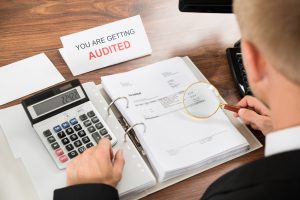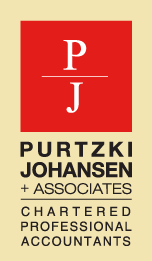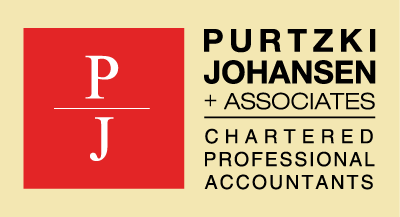Many practice expenses, including conferences and travel, have a personal component giving lots of opportunity for a CRA auditor to argue they are not practice-related but personal in nature.

There are three tests you must meet for a disbursement to be tax deductible:
- The expense must be laid out to earn practice income.
- The practice expense must be reasonable
- You must show proof of incurring the expense.
Here is a potpourri of expenses that will inevitably be subject to scrutiny in a tax audit.
- Salary to family members
A salary or management fee paid to your spouse will be put to the reasonableness test. Doctors have been reassessed for wages paid to their young children, on the basis that the payments were excessive in relation to the services provided. If you pay a $10,000 wage to your 12-year-old daughter for filing, to use up her personal exemptions, expect to be challenged.
Especially with the new “tax on split income (TOSI)” you can expect that the tax department will closely monitor the salaries to all family members.
- The home office expense
There are two independent tests to determine whether a portion of your residential expenses are deductible as a home office expense:
- Home expenses are deductible if the workspace at home is the taxpayer’s principal place of business. In other words, it must be the place where most of the paperwork relating to the practice is kept. This test is easily met by those doctors who work in a hospital and as locums in clinics where no office space is provided.
- Home expenses are deductible if the workspace is used exclusively to earn income and is used regularly and continuously to meet patients. This is a tough test mainly applying to those physicians who have an office elsewhere where they see patients. Courts have ruled the doctor does not have to physically see patients in his home, as long as patient consultations over the phone in the evening are billable. In addition the doctor must also be able to show the office space at home is used exclusively for practice purposes. Having a desk in the family room does not qualify as an exclusive workspace.
- Automobile expenses
When claiming auto expenses, you need to provide evidence supporting the allocation of auto expenses between practice and personal use. If you established your home as the principal place of business, then the trip from home to work is considered business. An incorporated doctor typically receives a mileage reimbursement from the company for the use of his or her personal vehicle. Doctors who use their cars predominantly for business should consider having their medical corporation purchase or lease the automobile. The tax savings of not having to pay for the expenses personally outweigh the taxable benefit of using a corporate owned vehicle.
- Entertainment and meals
Since most physicians do not need to market their services or look for practice referrals, an auditor would not expect any promotion or entertainment expenses. Make sure you have proof that the expense was not personal but was incurred to generate practice income. If you give patients or other doctors gift certificates for a restaurant, you can only deduct 50 per cent of the cost, even if you do not accompany them. A gift certificate for tangible items, on the other hand, can be written off in full.
Expenses for food, cocktails, and entertainment available to all your staff are not subject to the 50 per cent limitation.
- Conferences
The auditor will scrutinize your claim for continuing education especially those held in vacation spots.
He will likely ask to clarify why you think a $10,000 continuing education cruise which you and your spouse as the office manager attended meets the reasonableness test. It is not a question of whether the expense is deductible, it is a question of “how much.” If the course held in the exotic location is available closer to home, the auditor will argue that you took a holiday camouflaged as a practice-related trip, and will deny most of the expenses.
The best defense against a potential reassessment of your practice expenses, is to keep detailed records which support your claim. Develop the habit of gathering receipts and make notes while you are attending courses or entertaining. You will be glad you did when the auditor comes knocking three years from now asking for evidence supporting expenses for a trip you only vaguely remember.



